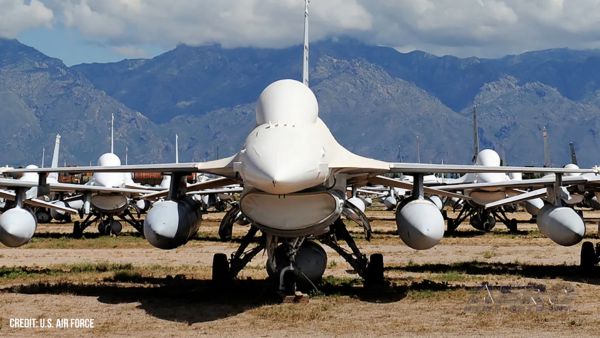Measure Will Cost Jobs, Flights in Rural Communities
Regional Aviation
Partners (RAP) said that its members and supporters are
overwhelmingly against implementation of the FAA's Part 139
Certification of Airports rule change, scheduled go into effect at
the conclusion of a 120-day comment period that ends June 9, 2004.
The rule change must be rejected because it focuses on a particular
class of aircraft -- 10 to 30 seat turboprop aircraft -- which are
used almost exclusively in small communities that will require
airport certification, adding thousands of dollars in additional
expense to consumers, air carriers and local governments. The
non-profit RAP was founded in April 2001 to represent those who
depend on small community air service for access to the global
transportation system.
"If a final and permanent solution is not achievable, more than
30 Class III airports may be forced to shut down scheduled
commercial operations," warned RAP Executive Director Maurice
Parker.
Airliners in this class were singled out in 1997, and small
communities have never recovered, said Parker. "In 1997, the FAA
implemented the 'One Level of Safety' 'commuter rule,' which added
millions of dollars to the cost of operating 10 to 30 seat
aircraft," he explained. "The rule change made many regional and
commuter carriers eliminate 19-seat aircraft from their fleets.
This virtually 'killed' the Essential Air Service (EAS) program
because FAA rule cost estimates did not take into account the
effects the change would have on EAS."
EAS subsidy rates went up, EAS budgets went down, airline
manufacturers shut down production of almost all 19 to 30-seat
airliners and commuter air carriers went bankrupt, said Parker.
"Now, the FAA wants to do it again, finishing what they started in
1997. This assault on Class III airports will finish the job that
began with implementation of the commuter safety rule," he
warned.
Affected RAP members and other targeted communities are faced
with two untenable options:
- Request exemption(s) from the Aircraft Rescue and Firefighting
(ARFF) provision of the proposed rule to the extent that annual
maintenance and operations costs for providing the mandated
services are avoided; or
- Find a new source of funding for airports to fully cover the
costs of the rule requirements.
Robert Cossette,
Airport Manager for Bar Harbor, Maine, stated that, "With this rule
change 50 percent of Maine's rural air service will be lost. Our
airport will be forced to stop scheduled air service due to the
lack of funding to operate the airport and comply with the numerous
directives related to the rule change."
Though the defeat of the implementation is critical, this is
only one of the many issues that threaten rural aviation and small
community air service. "Today, small communities are not only faced
with budget woes like the rest of the nation, they are faced with
other challenging dilemmas; such as the loss of jobs by air
carriers who hire local staff to service their flights, fixed based
operators who provide fuel and other services, rental car companies
and other vendors who provide a tax base for community and airport
survival," said Parker.
 NTSB Prelim: Hy-Tek Hurricane HP
NTSB Prelim: Hy-Tek Hurricane HP ANN's Daily Aero-Term (05.14.25): Flight Check
ANN's Daily Aero-Term (05.14.25): Flight Check Aero-News: Quote of the Day (05.14.25)
Aero-News: Quote of the Day (05.14.25) ANN's Daily Aero-Term (05.15.25): Primary Radar
ANN's Daily Aero-Term (05.15.25): Primary Radar Airborne 05.12.25: $1M Flying Car, Marion Airport Saved, AirVenture Cup
Airborne 05.12.25: $1M Flying Car, Marion Airport Saved, AirVenture Cup


